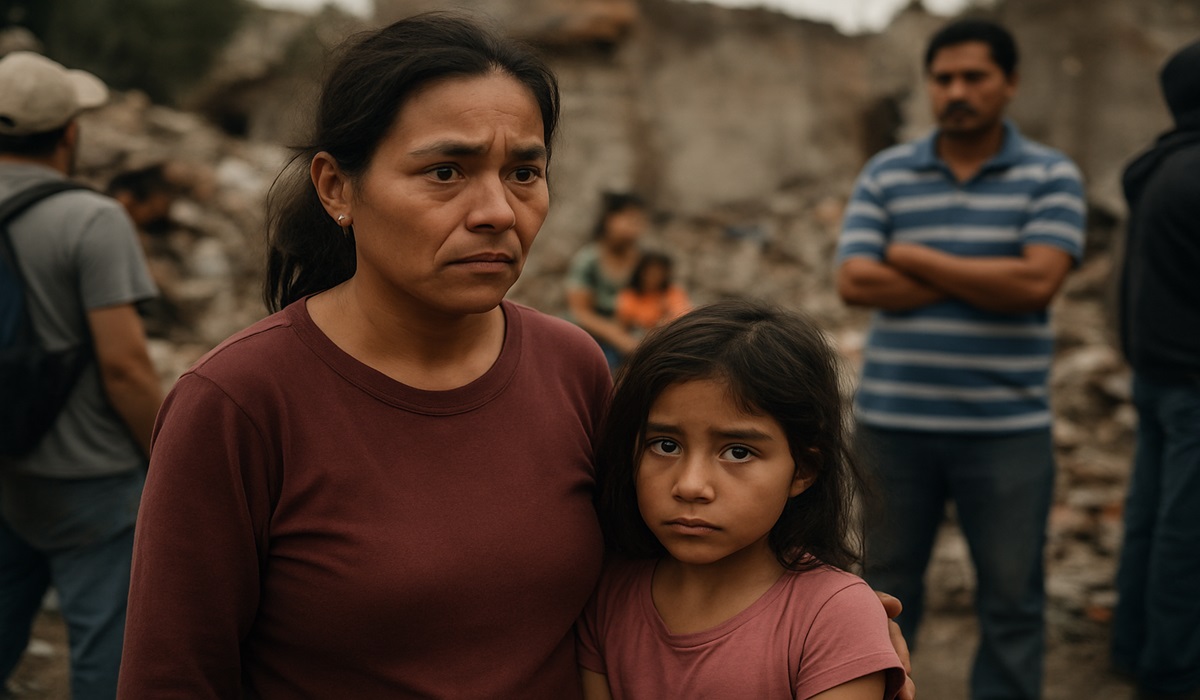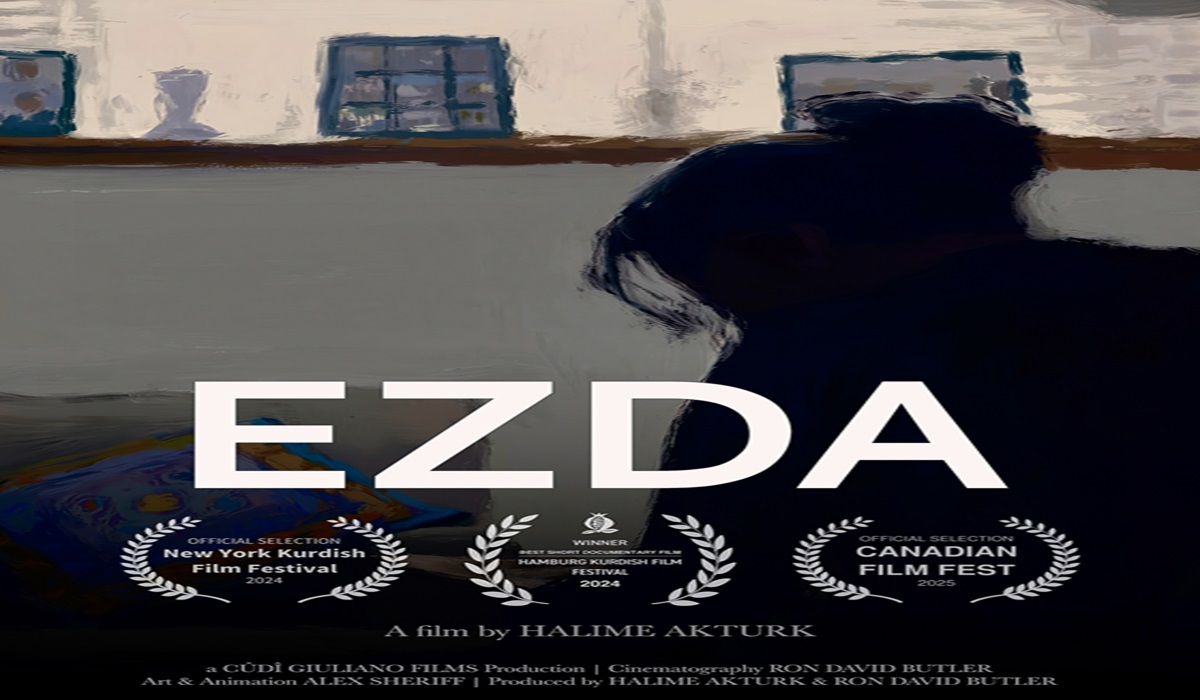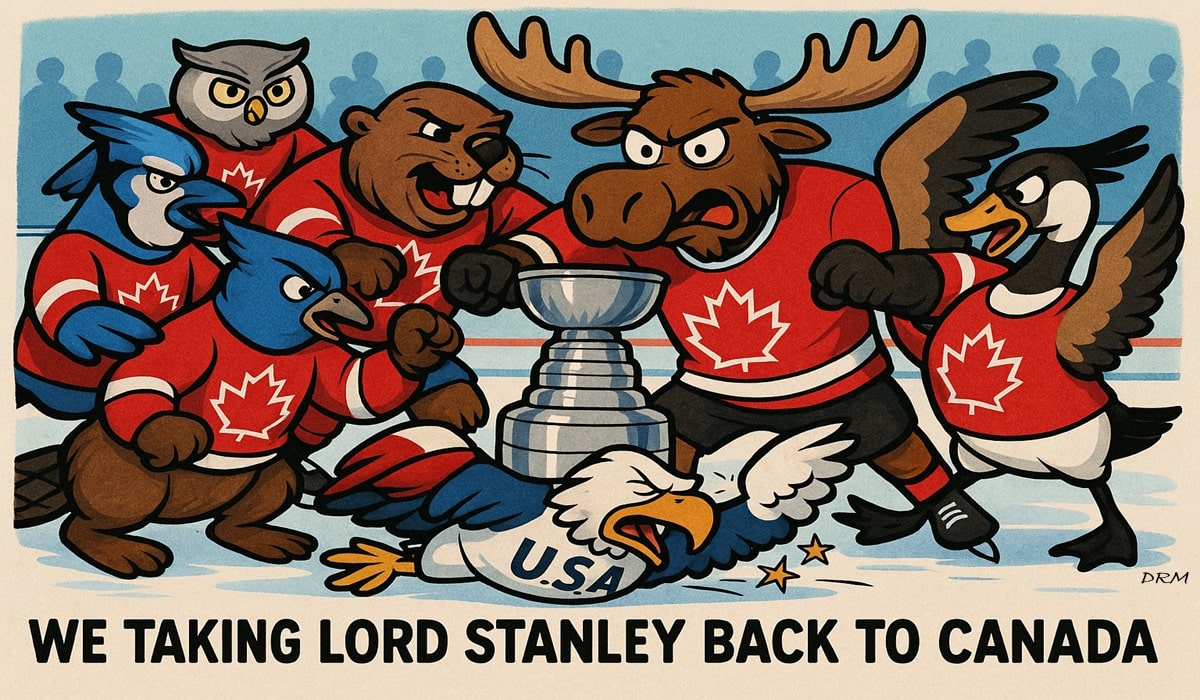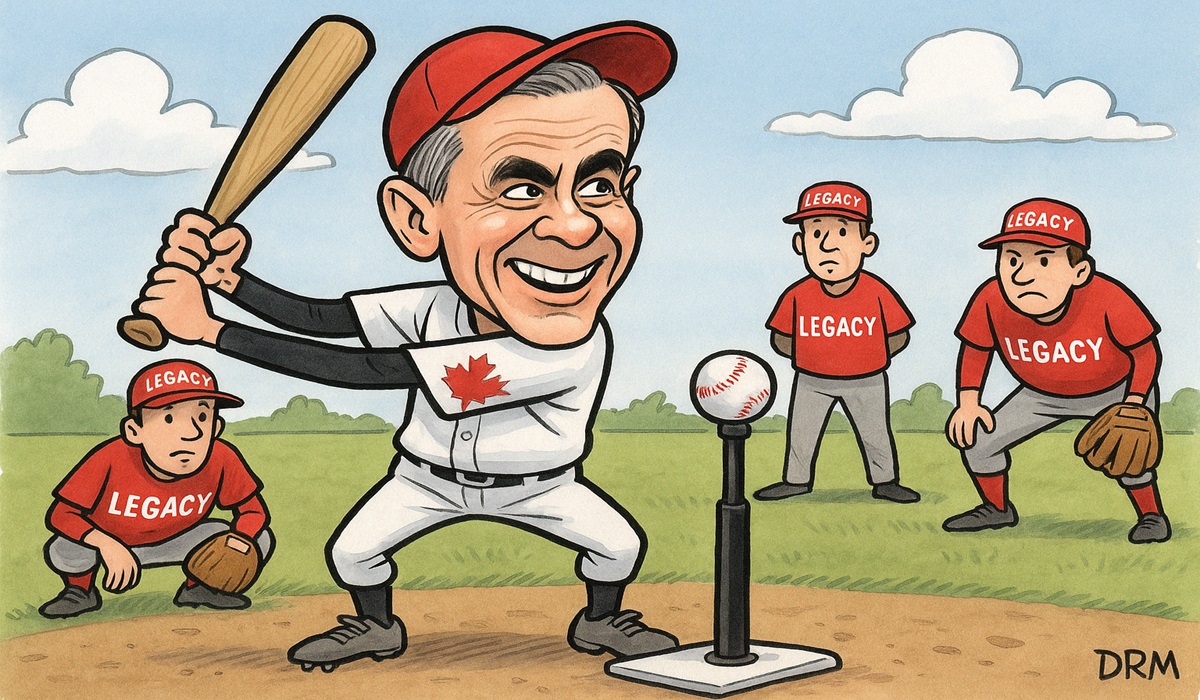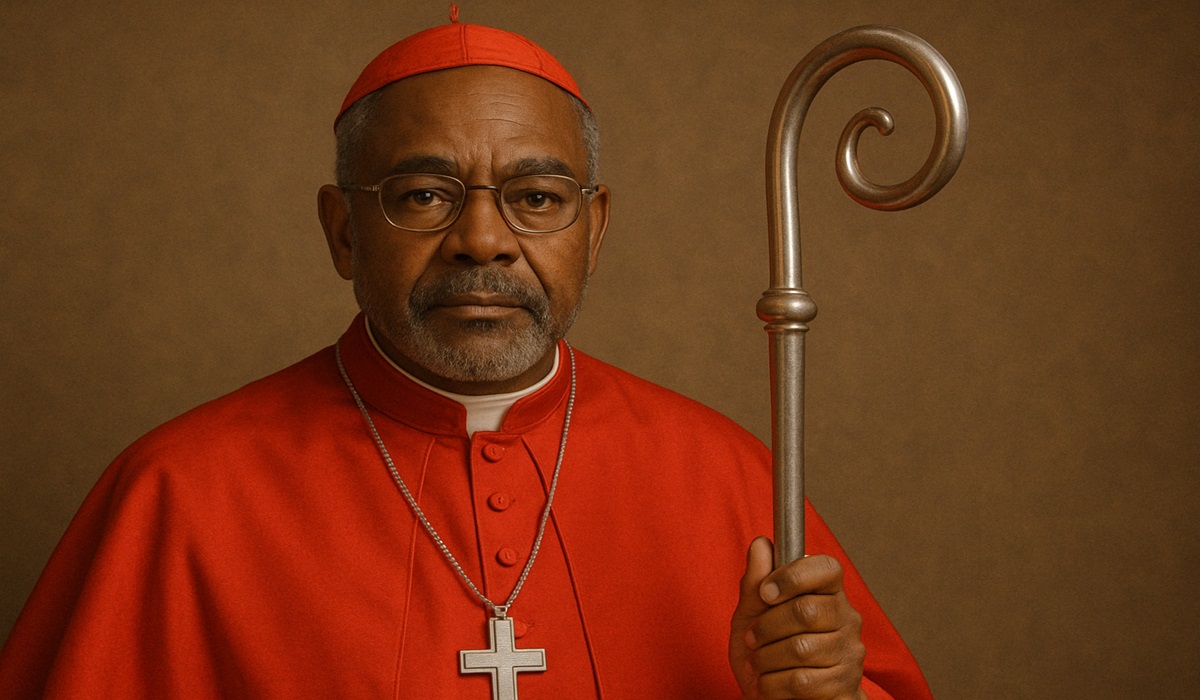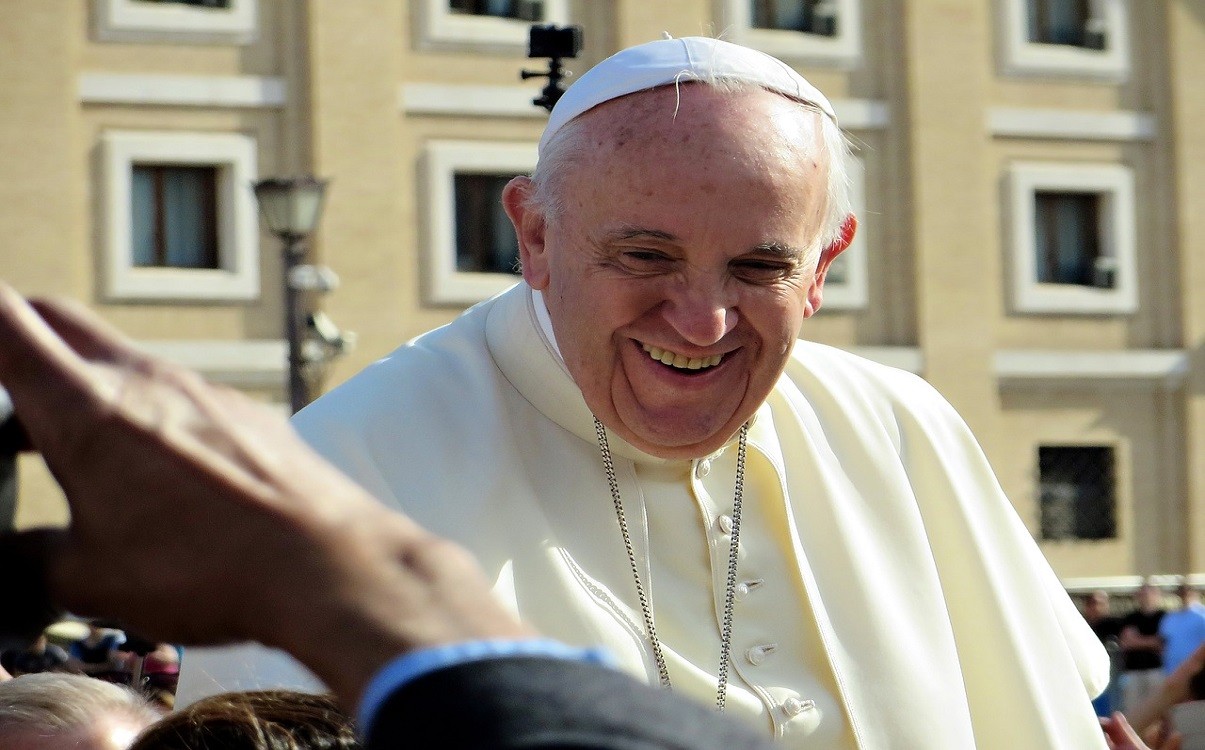The National Childhood Vaccine Injury Act of 1986: A Law Shaped by Controversy and Influence
- TDS News
- D.O.C Supplements - Trending News
- Health
- August 24, 2024
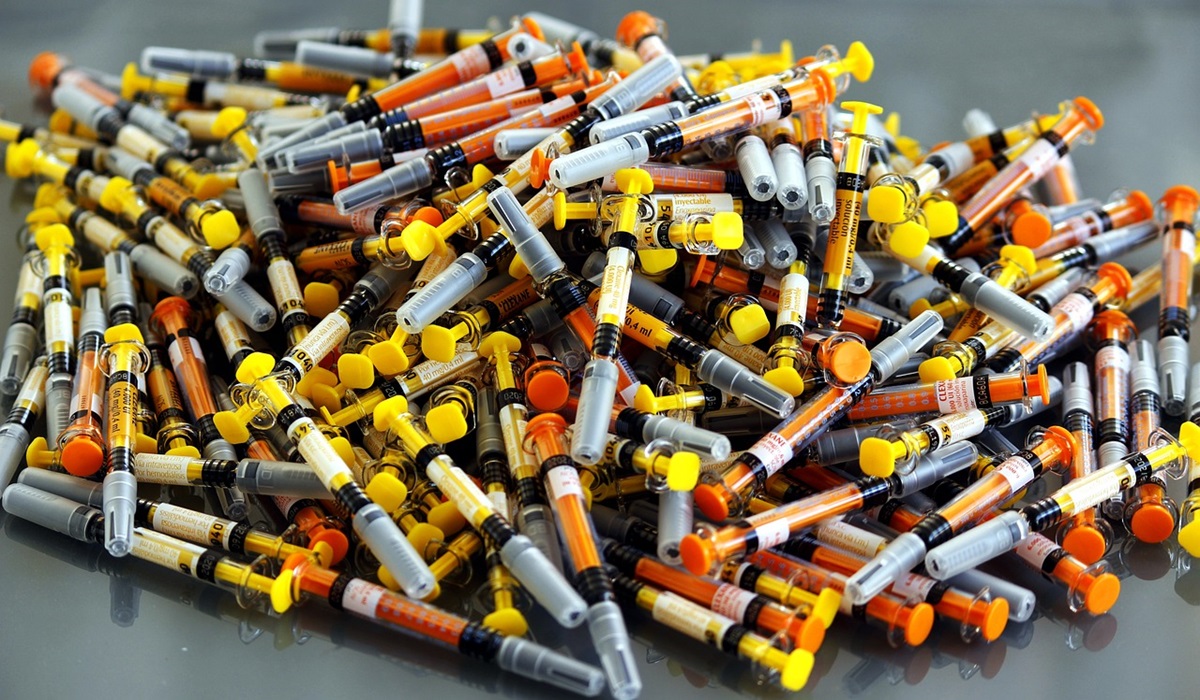
Image Credit, Aficionado Autodidacta
The National Childhood Vaccine Injury Act (NCVIA) of 1986, enacted through H.R. 5546, was a critical legislative response to growing concerns over vaccine safety and the increasing number of lawsuits against vaccine manufacturers. Driven by intense lobbying from the pharmaceutical industry, this law established a legal framework that has significantly influenced vaccine development and distribution in the United States. However, it has also sparked ongoing debates about its impact on public safety and the outsized influence of pharmaceutical companies.
In the early 1980s, the United States saw a sharp rise in lawsuits against vaccine manufacturers, particularly regarding claims that vaccines like diphtheria, pertussis, and tetanus (DPT) vaccine were causing severe side effects, including brain damage. These successful lawsuits resulted in large settlements, threatening the financial stability of the vaccine industry. Faced with potential collapse, several manufacturers warned they might stop producing vaccines altogether, which could lead to a public health crisis.
The situation escalated when Wyeth, which had been acquired by Pfizer, at the time, a leading vaccine manufacturer, announced it might halt production of its DPT vaccine due to overwhelming potential legal liabilities alegations. This news sent shockwaves through the medical community and federal government, highlighting the risk of losing critical vaccines needed to prevent widespread outbreaks of preventable diseases.
Recognizing the existential threat posed by these lawsuits, the pharmaceutical industry launched an aggressive lobbying campaign to push Congress to act. Industry representatives argued that without legal protections, the vaccine supply could be compromised, endangering public health. Their lobbying efforts were supported by significant campaign contributions to both Republican and Democratic lawmakers, ensuring bipartisan attention.
In response to the crisis, Congress passed the National Childhood Vaccine Injury Act of 1986. The law protected vaccine manufacturers from financial ruin by establishing a no-fault compensation system for individuals who suffered injuries or adverse reactions to vaccines. Under the NCVIA, those who believe they have been harmed by a vaccine can file a claim with the National Vaccine Injury Compensation Program (VICP), funded by a small excise tax on each vaccine dose. Since its inception, the VICP has compensated 11,124 individuals for a total of $5,256,660,556.32 while dismissing another 6,046 claims.
The VICP was designed to provide a quicker, less adversarial process for compensating vaccine injury victims while shielding manufacturers from lawsuits that could bankrupt them. By transferring legal liability to the federal government, the law aimed to ensure the continued availability of vaccines and encourage new vaccine development without the threat of crippling litigation.
While the NCVIA successfully stabilized the vaccine industry and ensured the continued production of essential vaccines, it has also been criticized for creating a legal environment that prioritizes industry interests over public safety. Critics argue that by insulating manufacturers from liability, the law reduces incentives for pharmaceutical companies to rigorously test and ensure the safety of their products.
The act also set a broader precedent for drug development. With the protections granted by the NCVIA, pharmaceutical companies have sought similar legal shields for other products, citing the high costs of litigation as a barrier to innovation. This has led to ongoing debates about the balance between fostering innovation and ensuring safety.
Despite concerns about the safety implications of the NCVIA, no president or major political figure has seriously attempted to repeal or reform the law. This reluctance is largely due to the immense influence of the pharmaceutical industry in American politics. Big Pharma is one of the most powerful lobbying forces in Washington, D.C., and its financial clout ensures that its interests are well-represented in Congress.
Pharmaceutical companies have become major contributors to political campaigns, making it politically risky for lawmakers to challenge the NCVIA or other industry-friendly laws. This financial influence has created a political environment where significant reform remains unlikely, even as public concern over vaccine safety and corporate accountability persists.

